Stitching History Together: How We Capture Oversized Items
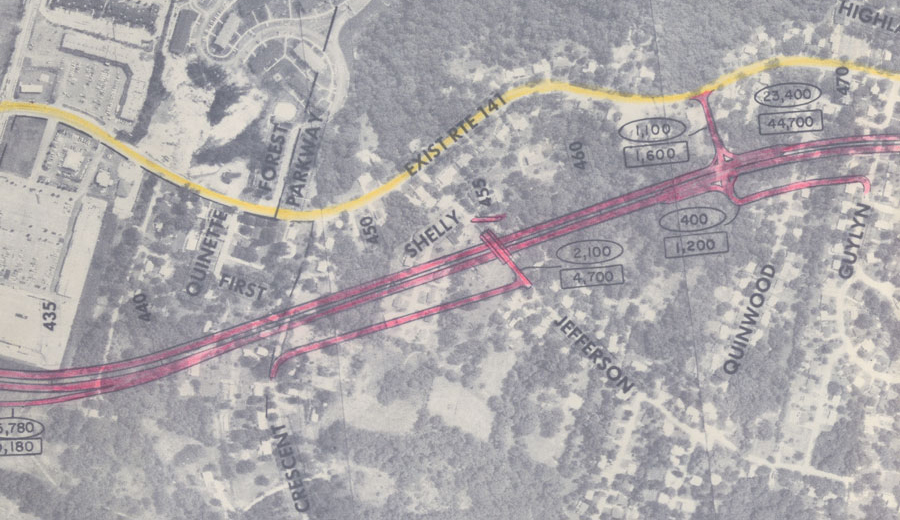
By Digital Archivist Shana Scott Digitizing oversized materials, such as maps, blueprints, or posters, can be a challenge. In very general terms, the larger the item, the farther away the camera must be to capture it all in one shot, and the farther the camera, the lower the resolution. That means it’s not always possible […]
Legacy As the Backbone of Your Family Business

By Archival Specialist Chris K. Morton At Anderson Archival, legacy is lived daily. As a family-owned business, our values are passed on not through policy, but through close collaboration with both founders and second-generation leadership. In family enterprises, legacy isn’t just sentimental, it’s a strategic asset. This isn’t unique to us. Across industries, legacy plays […]
Preserving the Irreplaceable: Why Oversized Digitization Matters More Than Ever
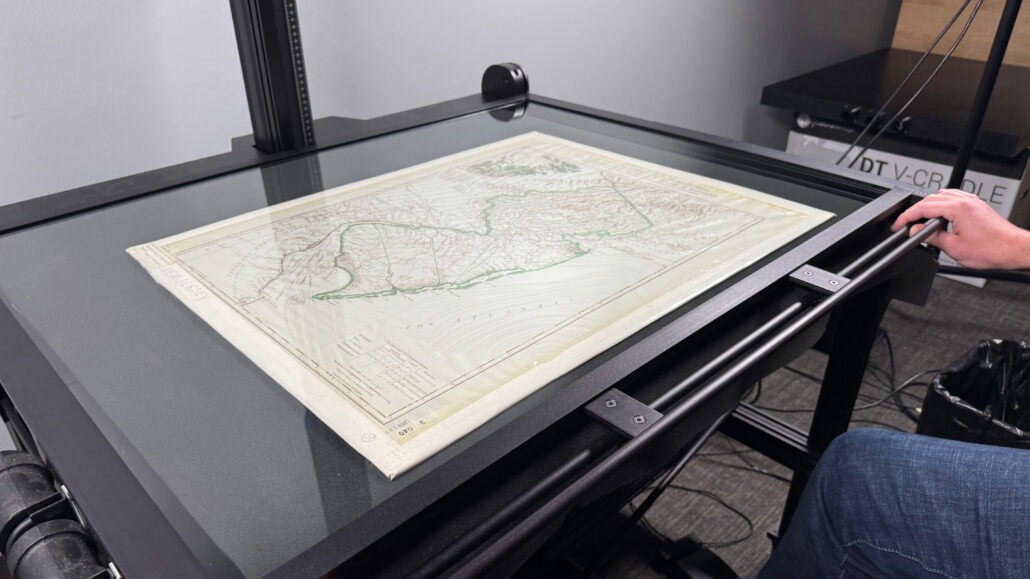
When it comes to digitization, not all documents are created equal. While standard-sized papers and books are relatively easy to scan and archive, oversized materials—like historical maps, architectural drawings, posters, and large-format bound books—present a unique set of challenges. At Anderson Archival, we’ve made it our mission to meet those challenges head-on. What Are Oversized […]
The Handwritten Hurdle
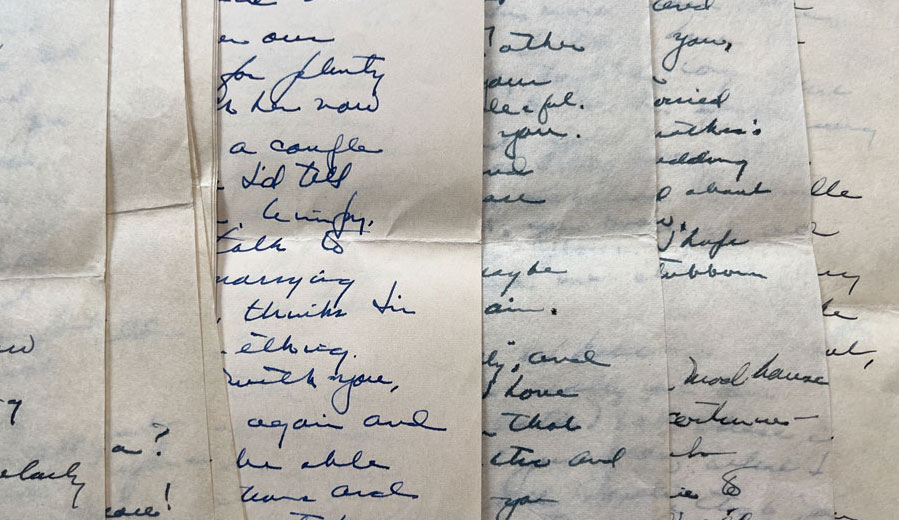
By Archives Technician Shana Scott Exploring the Challenges of Handwriting Digitization The preservation of historical documents through digitization has become an essential task. Institutions such as the National Archives have dedicated significant resources to scan and preserve countless pieces of history. However, a critical challenge remains: making these digitized documents accessible and understandable to the […]
Preserve Your Family Heritage: Make 2025 the Year of Action!

Embrace the Journey of Documenting and Sharing Your Family Collection As we step into 2025, many of us are reflecting on our resolutions and goals for the year. One meaningful resolution that resonates with families worldwide is the desire to preserve and share their unique family histories. Whether you are just beginning to organize old […]
Sometimes You Need a Vacuum: Using the Right Tools for the Job
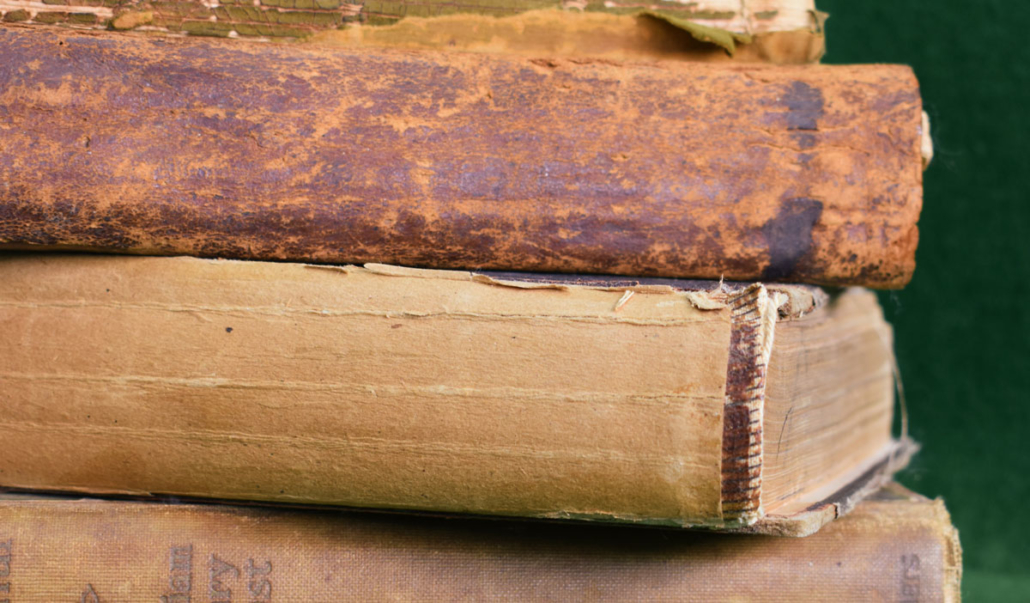
At Anderson Archival, we understand the importance of preserving history with the utmost care and precision. Our motto, “Do it right the first time,” drives us because for historical materials there may not be a second chance. This principle guides us in selecting the best tools for scanning a wide variety of materials, ensuring that […]
Preserving Your Parents’ Legacy Through Digitization

Ensuring Memories and Histories Live On In today’s fast-paced world, many adults find themselves in the delicate position of managing aging parents and considering end-of-life planning. Among the myriad of responsibilities, one important aspect often stands out: preserving the legacy of our loved ones. At Anderson Archival, we frequently encounter families either preparing for this […]
How to Preserve Your Legacy: Practical Tips and Advice
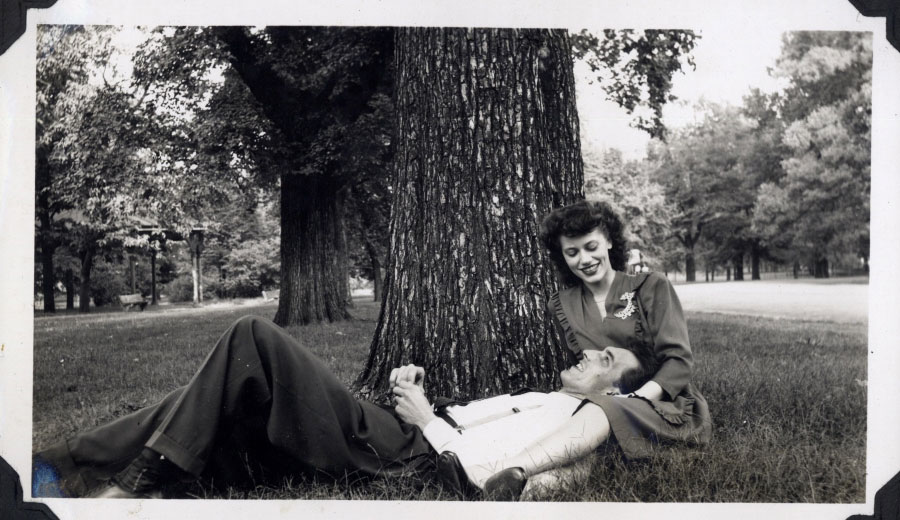
Preserving your legacy is not only a way of honoring your past, but also a gift to your future. Whether you want to share your family or business history, your personal achievements, or your creative work, you need to take steps to ensure your digital and physical assets are protected and accessible for generations to […]
The British Museum: King of Thieves
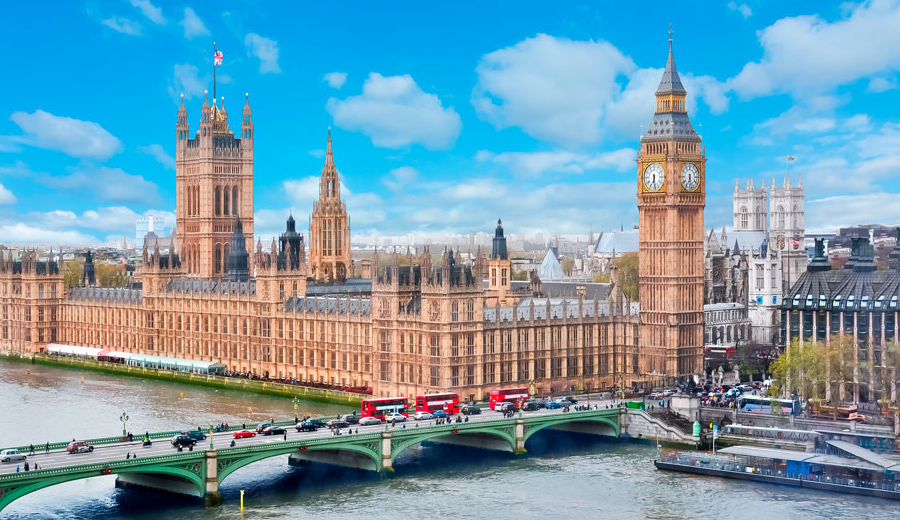
Museums are a crucial part of our society, preserving and displaying artifacts that help us understand and appreciate different cultures and histories. They bring history, art, and culture to life, and provide valuable resources for education and research. The British Museum is a great example of this, with a collection spanning over two million years […]
Why It’s Crucial to Get Digitization Right the First Time

These days, it’s all digital! Preserving personal and public history like the items included in so many family collections through digitization not only ensures that some form survives into the future, but makes that history accessible, researchable, and shareable. From cherished photographs to invaluable documents, these materials tell your family’s unique story and safeguard your […]
